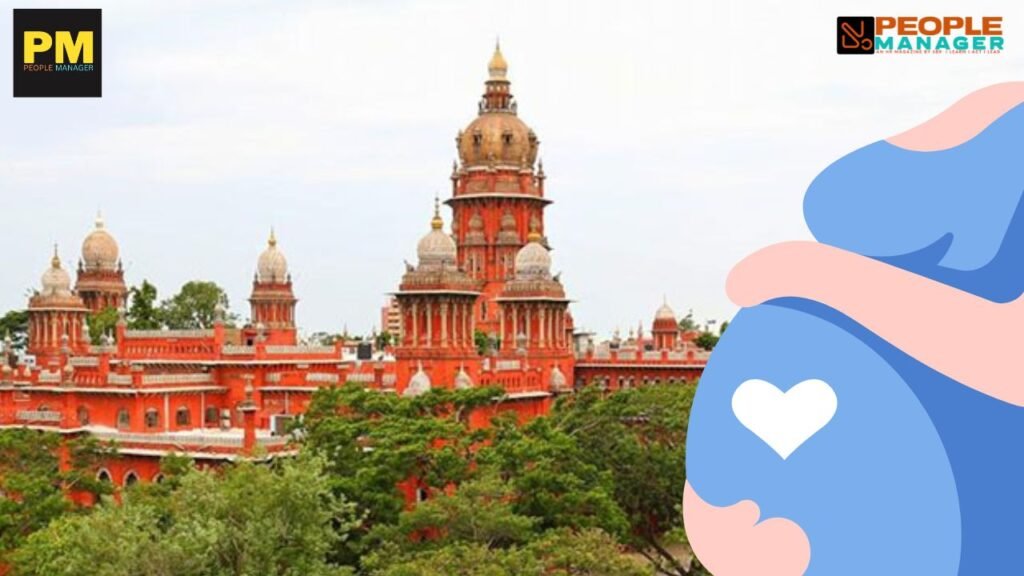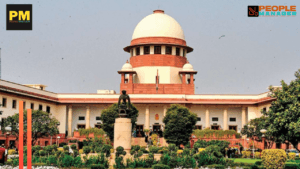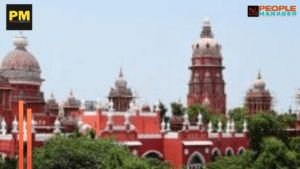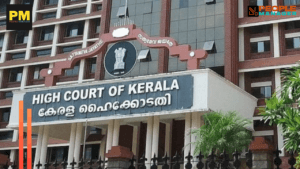No maternity benefits for 3rd pregnancy: Madras HC
The Madras High Court dismissed a petition filed by a government servant seeking maternity leave for her third pregnancy.

No maternity benefits for 3rd pregnancy, help by Madras HC in case of P. Yasotha vs. The Government of Tamil Nadu W.P. No.23983.
The Madras High Court ruled on Monday that maternity benefits cannot be awarded for a third pregnancy, dismissing a petition brought by a government employee seeking maternity leave for her third pregnancy.
The Madras High Court ruled that the Maternity Benefit Act cannot be extended to a female government employee, since the fundamental norms forbid granting any leave for a third child.
The court denied a request by a government school lab assistant for maternity leave owing to twin girls born from her second marriage, despite the fact that she was already the biological mother of two female children.
A single judge bench led by Justice N Sathish Kumar noted that the petitioner now had four biological children and stated, “When the state policy and fundamental rules restrict maternity leave for the third child, this court is of the opinion that the petitioner cannot seek maternity leave on the basis of the Maternity Benefit Act as a matter of right.”
The court also stated that if the State has made a policy decision that the fundamental rules are applicable to government servants, the petitioner cannot claim any benefit under the Maternity Benefit Act, which is not applicable to government servants, except for employees employed in an “Establishment” as defined by the Maternity Benefit Act, 1961.
“The Rule states unequivocally that such leave can be granted to a married woman government servant with fewer than two surviving children for a period of no more than 365 days, which may be spread over from pre-confinement rest to post-confinement recuperation at the government servant’s discretion.” The fundamental rules make it quite plain that such a benefit is only available to a married lady with up to two surviving children, and the norm of two surviving children has been made essential to avail such advantage under the said Rule,” the bench observed.
The petitioner stated in her plea that she had two children before to joining the government job. Twins were born as a result of the second marriage. She also stated that she had never taken maternity leave before, therefore the rejection of her representation could not be justified in court. Her counsel further stated that because the Maternity Benefit Act is a social welfare legislation, the fundamental rules that are opposed to the Maternity Benefit Act cannot be enforced.
According to her counsel, the provisions of the Maternity Benefit Act, 1961 were enacted in compliance to the fundamental guarantee inherent in Article 42 of the Constitution, which does not impose any such condition for availing of the maternity benefit.
In the absence of any restriction in the Maternity Benefits Act of 1961, which is a Central Act, it is not permissible for the defendants or even the state government to impose two child standards on women, according to her request.
According to the state’s Additional Advocate General, the maternity leave benefit does not apply to government employees; only the fundamental rules apply to them. The petitioner is not entitled to maternity leave for her third child under the fundamental standards. When the State’s policy limits the benefit of maternity leave to just two deliveries, i.e., two children, the petitioner cannot claim a benefit under the Maternity Benefit Act because the Act does not apply to government employees.
- Financial Crisis Cannot Compel an Employee to Work, Resignation Rejection Amount to Bonded Labour: Kerala High Court. - February 17, 2026
- Pernod Ricard India introduces Cheers VRorld, an industry-first VR-powered onboarding experience in the Alco-Bev sector - February 11, 2026
- Jio-bp Appoints Sareeta Bhatikar as Chief Human Resources Officer to Steer Next Phase of Growth - February 11, 2026









